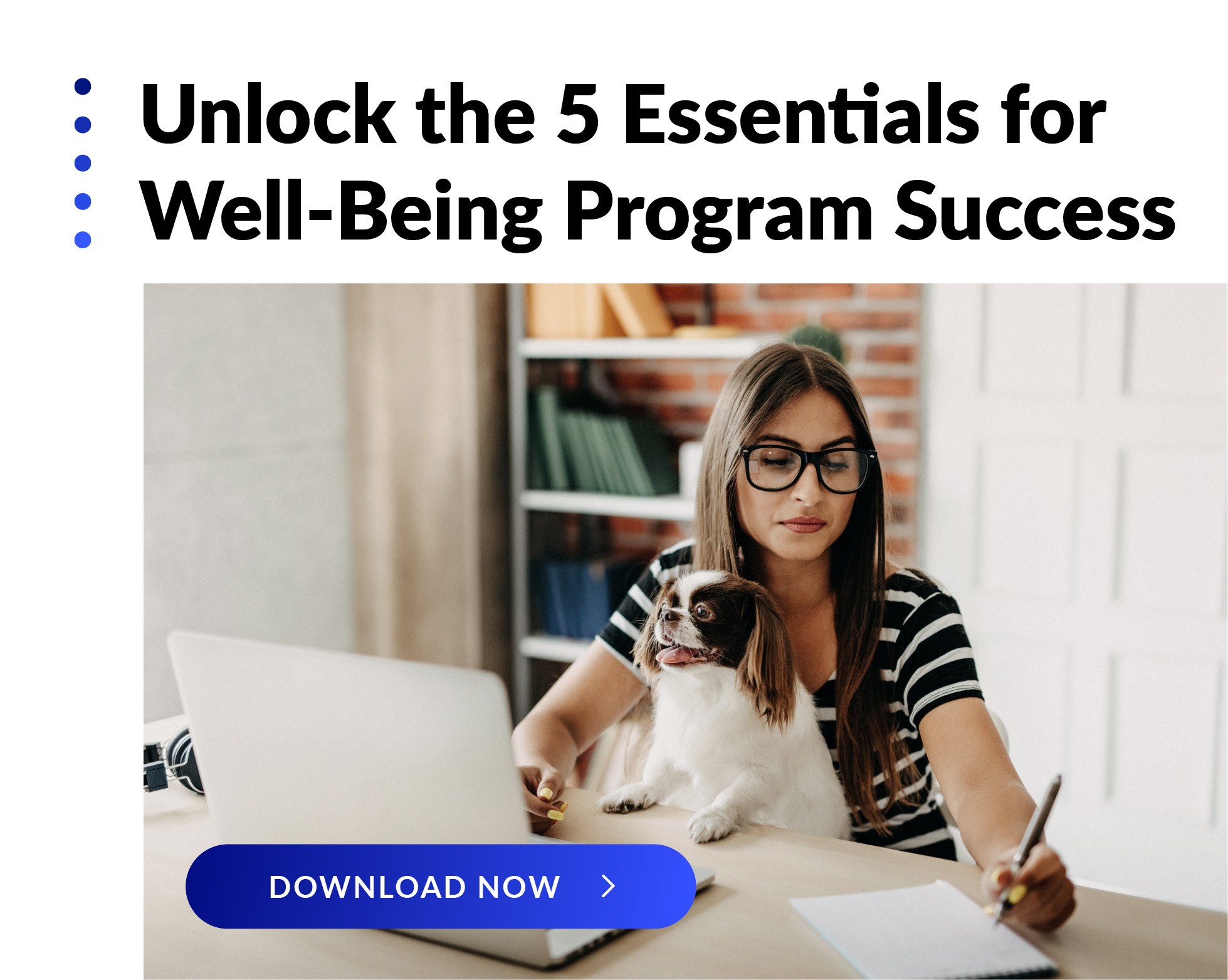 Love it or hate it, social media has become an unavoidable part of our lives. It keeps us connected to friends and family and is an important source of news and information, but it can negatively impact our mental health, especially for adolescents. In this week’s blog, we take a look at how our scrolling habits might be impacting overall well-being and what we can do to mitigate those effects.
Love it or hate it, social media has become an unavoidable part of our lives. It keeps us connected to friends and family and is an important source of news and information, but it can negatively impact our mental health, especially for adolescents. In this week’s blog, we take a look at how our scrolling habits might be impacting overall well-being and what we can do to mitigate those effects.
The effect of social media on our mental health has received a lot of media attention lately. Much of it stems from a recent CDC report on youth mental health and testimony by the American Psychological Association before the U.S. Senate Judiciary Committee. Both shed light on the role that social media is playing in the teen mental health crisis—particularly for teenage girls. Whether or not you are a parent, it was sobering to learn about the linkage between exposure to social media and skyrocketing rates of depression, anxiety, and even suicide among young people.
And yet it’s not just kids who are feeling the impact. A systematic review of research on the effects of social media on mental health by the National Institutes of Health found that “social media envy can affect the level of anxiety and depression in individuals.” Another interesting study, conducted by Massachusetts Institute of Technology (MIT) and other researchers, tracked the introduction of Facebook on college campuses over time and found a significant link between the presence of Facebook and the deterioration in mental health among students. Other research found that more exposure to the latest headlines—whether through traditional news outlets or social media—can cause emotional distress and undercut mental health.1
So just what is it about social media that negatively affects our mental health?
- Comparison – Social media serves up constant, “perfect” images and posts from friends, family, and celebrities that portray them in a positive light. This can cause us to believe that perhaps our lives aren’t as good or exciting, increase feelings of loneliness, and lower self-esteem.
- Addiction and distraction – Not only can social media be addictive, but constant notifications distract us from school and work and make it hard to put our phones down. Excessive scrolling can even cause us to shirk responsibilities and miss out on opportunities for real-world social interaction.
- Fear of missing out (FOMO) – Social media allows us to see what our contacts are up to in real time. This creates feelings that we’re missing out on things if we’re not involved. There’s also the worry that if we’re not constantly checking our feeds we may miss something exciting or important. This causes real anxiety and stress.
- Exposure to negative information – Social media bombards us with news stories, political opinions, and other negative content that can make us feel stressed and anxious. Sometimes we’re not even aware of how much time we spend “doomscrolling.”
- The effect on physical health – Spending time on our phones prior to going to bed can interfere with sleep quality, affecting our energy level, mood, and how we interact with others the next day. Overt time, poor sleep starts to negatively impact our physical health, often leading to weight gain and the development or worsening of chronic conditions like diabetes and heart disease, chronic illnesses that are known to increase depression.
What can employers do to help employees reduce the impact of social media on mental health?
While employers can’t dictate how employees use social media, you can offer some tips for how employees can set better boundaries for themselves and family members.
- Limit time. Set a time limit for being on social media or designate specific times of the day to check it—like once in the morning and after dinner—to reduce mindless scrolling.
- Take a social media vacation. Taking regular breaks from social media—even for just a week—can lower feelings of anxiety and depression.
- Consume social media mindfully. When we pay attention to how social media makes us feel in the moment, we can take breaks when we start to feel anxious or angry. Similarly, while it’s tempting to pick up our phones and scroll when we are lonely or bored, we have to challenge ourselves to resist, knowing that this may make us feel worse.
- Cultivate social connections. Social media can give us the impression that we’re connected to friends and family, but there really is no substitute for a live chat or a face-to-face meetup. It’s important to be intentional about connecting with friends, coworkers, or family members on a daily basis.
- Redirect energy towards healthy behaviors. Reducing time spent on social media frees up time for other activities that can boost mental health—like exercising, getting enough sleep, connecting with others, and cooking healthy meals.
- Offer resources to help. If social media has become a persistent drain on mood and energy, encourage employees to seek help through your Employee Assistance Program or behavioral health services offered by a health plan.
- Educate parents on the effects of social media on children. If you have an Employee Resource Group for parents, encourage them to sponsor speakers and webinars on the topic of social media and children. Parents will be grateful for the support in this tricky space.
* * * * * * * * * * * * * * *
Social media isn’t going anywhere anytime soon, so it’s important to proactively develop some healthy habits around its use to protect our mental health. If you’d like to help your employees boost their mental health and improve overall well-being, contact us at connect@webmd.net.




